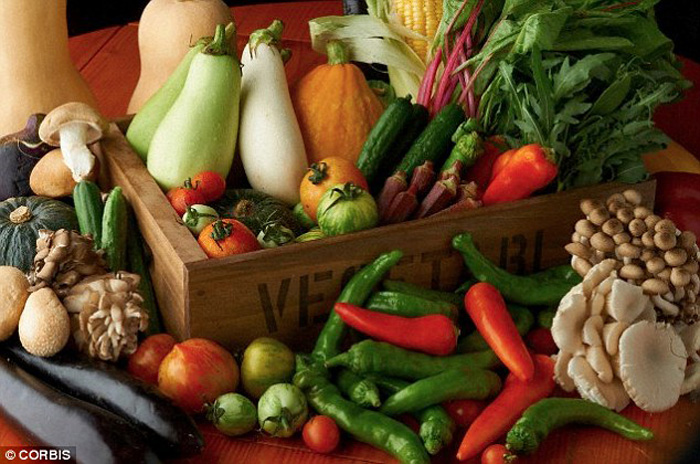Body Beat | Pro-Vegetarian Diet Reduces Heart Disease | Coffee Reduces Heart Disease | Potassium Deficit in Older Women
/Health Benefits of Pro-Vegetarian Diet

A new study of 450,000 Europeans concludes that those who ate a semi-vegetarian diet — one in which 70 percent of food intake came from plant sources — had a 20 percent lower risk of cardiovascular disease. This conclusion is compared to folks to ate a more carnivorous diet, where less than 45 percent of food intake was from plant sources.
Dr Camille Lassale, an epideminologist at Imperial College London, where the study was carried out, explained that the study started in 1992 in 10 different countries. On average, the participants aged between 35 and 70 were followed for 12 years.
Nutrition scores gave participants extra points for eating food from seven food groups — vegetables, fruit, cereals, potatoes, nuts, and olive oil. Points were subtracted for five animal food groups including meats, animal fats, eggs, fish and other seafood, and dairy products.
Results were adjusted based on age at start of study, gender, daily calories, body mass index, smoking, physical activity, education and alcohol intake.
For individuals not wanting to become totally vegetarian, eating a diet high in fruits, vegetables, whole grains, legumes, beans, nuts, low-fat dairy, skinless poultry and fish brought excellent results. via Daily Mail
Attacking Your Massive Potassium Deficit

A Critical Need For Potassium-Rich Foods In Our Diet AOC Shop
In a study of 90,137 postmenopausal women over a period of 11 years, only 2.8 percent of women met the US Department of Agriculture daily recommendation of 4,700 mg of potassium daily. The World Health Organization’s daily potassium recommendation for women is lower, at 3,510 mg or more. Unfortunately, only 16.6 percent of women met this nutritional standard.
The American Heart Association published a study in September 2014 confirming significantly lower risks of stroke and death among older, postmenopausal women who ate potassium-rich foods. The results were especially significant among women who didn’t have high blood pressure.
Relevant to me — someone not taking any blood pressure medication or suffering from high blood pressure — increasing potassium intake to recommended levels resulted in a 27 percent lower ischemic stroke risk and a 21 percent reduction in all stroke types. The results were signiciant but almost half these numbers for women already taking blood pressure medication.
New Health Benefits For Coffee Drinkers
 A new study of over 25,000 people measured levels of calcium in their coronary arteries. The presence of coronary artery calcium is one indicator of future coronary atherosclerosis, known as ‘clogged arteries’. This condition is known to have a strong association with future strokes and heart attacks.
A new study of over 25,000 people measured levels of calcium in their coronary arteries. The presence of coronary artery calcium is one indicator of future coronary atherosclerosis, known as ‘clogged arteries’. This condition is known to have a strong association with future strokes and heart attacks.
Participants in the study had an average age of 41 and no known heart disease. Researchers divided the coffee drinkers into four groups from less than one cup a day to five or more cups a day. Medical News Today writes:
In subgroups defined by different variables such as age, alcohol consumption and diabetes status, the association found was similar, suggesting the participants that consumed between three and five cups of coffee a day had the lowest prevalence of clogged arteries.
Doctors note that the study was conducted on South Koreans, who have a different diet than the typical western diet.
Related: Caffeine and a healthy diet may boost memory, thinking skills; alcohol effect uncertain Harvard Medical School





























